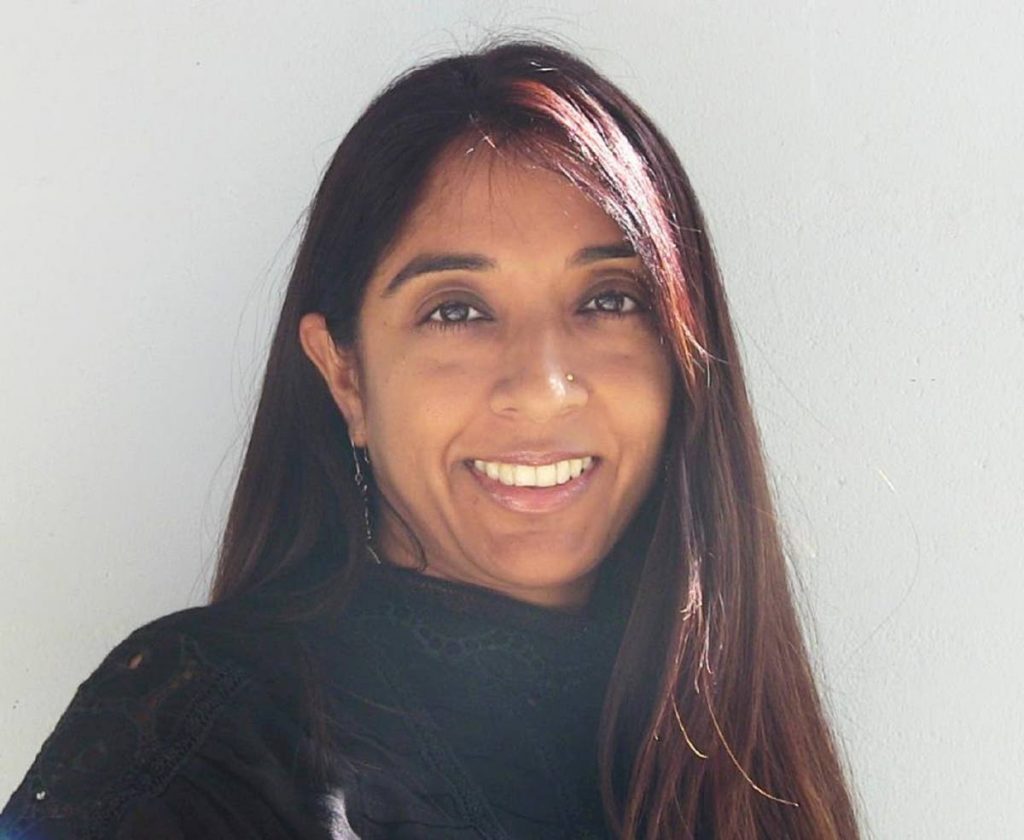Unequal burden of care

VINCENTIAN feminist, Peggy Antrobus, once told me that women can have it all, just not at the same time. There are life stages, she cautioned, and knowing your stage grounds your choices.
The thing about elder wisdom is that you don’t necessarily agree until you reach the life stage where you do. In the meantime, you debate the advice you get and, as they say, hold a meditation about its relevance and worth.
Over the last year, I’ve been wondering if indeed Peggy’s right. I’ve discovered that, not only is it not possible to have it all, but that the choices you make determine the next stage, foreclosing options, and that widespread expectations of womanhood and motherhood are not incidental to these choices. The “all” isn’t about having money, luxury and leisure, it’s about basics that women have a right to, such as both family and a career.
As I’ve become more responsible for Ziya as a working mother, I’ve become more aware of the job sacrifices I’m making, my lower expectations for my abilities, and reduced capacity for leadership. This is common for professional women in their forties, who are primary carers of their children at the same time that they are in their most important years for professional advancement. Every ambition has its costs and you start aiming for what’s merely realistic as if schoolgirls’ aspirations are just a modern fairytale. In making these choices, I’ve become more attentive to the older women around me; the ones who delayed achieving their degrees until after their children grew up, the ones who took less demanding jobs so that they could get home earlier, the ones who start their work day at 4 am so that they can do school pickup at 2.30, the ones who took on three jobs despite the extra exhaustion so that they could pay for extra-curricular activities, and the ones who reliably go to pediatricians, parent-teacher meetings and counselling sessions with their children knowing that their best chances for development and emotional resilience have to be planned, communicated, managed and honestly reflected upon.
The very women who can’t have it all are simultaneously at the centre of making so much happen, like magicians co-ordinating a whirlwind, at risk to their sanity, self-care and self-definition. I’m not saying that dads are not important. I’m just saying that the unequal burden of care is real and it’s at the heart of a life stage many women reach.
Working mothers, whether on their own or not, often have to be on top of all the details, from Divali and Christmas concert contributions to knowing where the uniforms are for each week, and the mental room this takes up is taken for granted whether they work in KFC or have PhDs.
Looking on, we often say to ourselves, I don’t know how she does it.
I’ve listened more for the everyday sacrifices; in health, in self-confidence, in savings, in sleep, in dreams. I deepened appreciation for the crucial role of women’s sisters, mothers, neighbours, children’s friends’ mothers, long-lasting friends, and compassionate co-workers. Working mothers depend on understanding, encouragement, help, patience and time from a widespread network just to get their family through each day. Women everywhere could barely achieve what they do without the other women who invest in enabling them to. I always saw these women around me, fitting the common character of the strong Caribbean mother, without really seeing their inner lives, difficult decisions, necessary relationships or wearying stories. Now that I live it, who feels it knows.
In a sense, I have had to decide what I want to excel at, what I am prepared to do my best at, however badly, and what I simply won’t accomplish this month or year or the next. The consequences are ones that will settle into experiences of acceptance and regret that accumulate with age.
In having to spend more time with my daughter this year because that’s the life stage she is in, I have come to recognise that motherhood means her needs determine my life stage for me. All further decisions follow, however this sets other achievements back.
It’s not a complaint, it’s an adjustment to embrace, like a soucouyant who would forever soar the night skies in fire if only daylight didn’t compel her into the confines of her skin. Daybreak has brought knowing what it means to sacrifice for your child as a life stage and as more than a line women so often say.


Comments
"Unequal burden of care"